Sonicboomers
ALBUM OF THE WEEK
Chuck Prophet has been releasing solo albums for two decades, but little in his past prepares the listener for this powerhouse song cycle. Particularly since that past has often relegated Prophet to the role of catalyst, midwife or sidekick, submerging his artistic identity within someone else’s.
Recently he served as most valuable player on Alejandro Escovedo’s Real Animal, co-writing all the songs on an album that served as Escovedo’s musical memoir. Before that, he collaborated with Kelly Willis on Translated from Love, where he produced and played guitar as well as sharing writing credit with her on half the material. Even in Green on Red, the 1980s band that first earned Prophet some attention, he was overshadowed by founding frontman Dan Stuart.
At the point in a veteran journeyman’s career where one doesn’t expect surprises, he has delivered a knockout, a “State of the Union” album that combines self-assured swagger and bittersweet vulnerability in equal measure. It’s a musical meditation on a particular time, and a particular country. And that country is this one, though, as the punctuation of the title suggests, Prophet and band (including former Springsteen drummer Ernest “Boom” Carter) recorded the project in Mexico City, during a time of drug wars, swine flu and even an earthquake.
With co-producer Greg Leisz (the guitarist who has so often played the MVP role that Prophet has for others), the band entered what that songwriter describes as “a state of the art studio (for 1958 or so).” There’s an immediacy to the interplay that transcends technological limitations and a perspective on the American condition reflected from the vantage of another culture. Not only does distance lend perspective, but sometimes you need to shake things up to see things straight.
The flurry of guitar jabs that open the album with “Sonny Liston’s Blues” shows the music coming out swinging from the outset, though the song’s tender interlude suggests the emotional extremes the music will continue to encompass. It’s a love song of sorts, sung “in ways I just cannot express,” to a woman who has fingered the fallen champ in a lineup—mistakenly he claims. Such a jumble of emotion, such an ellipsis of detail, such a storytelling richness from the perspective of a narrator who describes himself as “a man of few words.” Such brute force. Such open heart.
The title cut and “American Man” suggest the album’s all-American anthemic sweep, yet this America sounds most like Los Angeles, where the gap between the fantasy and the reality runs particularly deep. You can hear echoes of Tom Petty, Joe Henry and particularly Randy Newman in Prophet’s phrasing—three artists who came to L.A. from somewhere else, yet have come to musically embody the city in distinct but interrelated ways.
Like theirs, Prophet’s music has both a hard-edged irony and a soulful empathy, a way of inhabiting characters from the inside out. Take the title track, where the Stonesish riffing and rhythmic propulsion suggest a patriotic fist pumper, but the social Darwinism of the lyrics deflates such jingoism: “Let there be markets, let ‘em run wild, as the sisters of mercy just laugh. All the lost brothers can drink themselves blind, while good fortune breaks hard work in half.”
These are songs of lost brothers and sisters, of lives lived in the margins, in the shadows. Where the uptempo songs that sound heroic on the surface often mask a darker thematic underbelly, the warmth of the album’s balladry frequently carries a sucker punch. “What Can a Mother Do” has the sweetness of a country melody, punctuated by fiddle and vocal harmony from Sara Watkins (Nickel Creek), yet the turn of a phrase about a young girl “unwanted in seventeen states” belies the music’s carefree spirit.
Similarly, the waltz of sad perseverance in “You and Me Baby (Holding On)” and the unflinching tenderness of “Barely Exist” (which would have fit just fine on Escovedo’s album) hit even harder than the uptempo fare, while more raucous rockers such as “Where the Hell is Henry,” “Hot Talk” and the retro/New Wave “Good Time Crowd” have a jittery urgency, a brittleness beneath the power riffing. There’s a tension throughout between the literary command of the lyrics and the electric crackle of the arrangements, as if the album took a lifetime to write and a couple hours to record.
Ultimately, it’s a work that demands to be heard as a whole rather than a selection of cuts to download. And it ends on the perfect note of grace with “Leave the Window Open,” a nighttime benediction after a long day’s journey. “Life is only so long,” sings Prophet. “Don’t let it rub you raw.” Words to live by.
by
Don McLeese
on
December 14, 2009
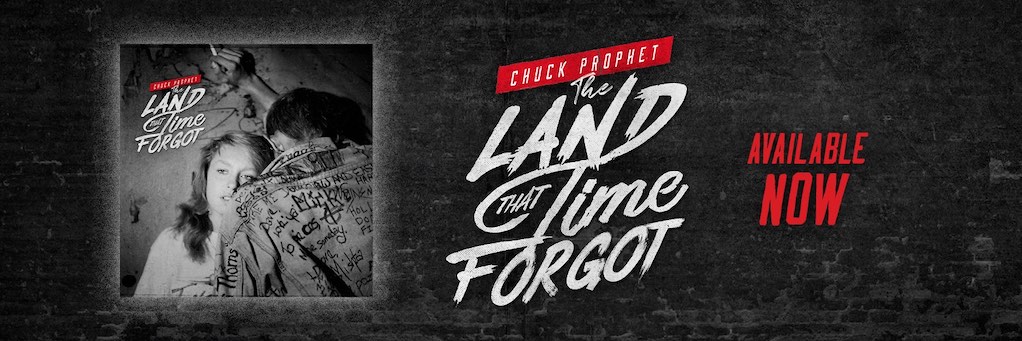

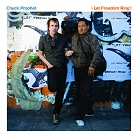



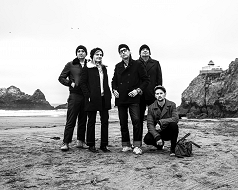
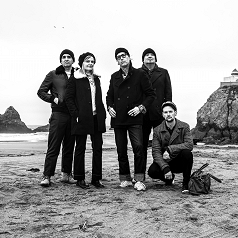
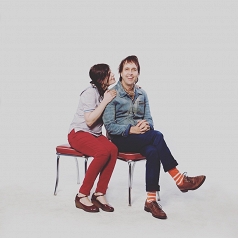
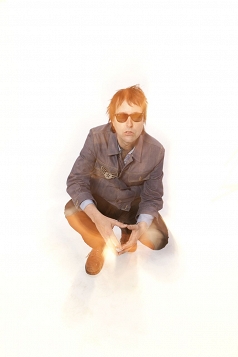

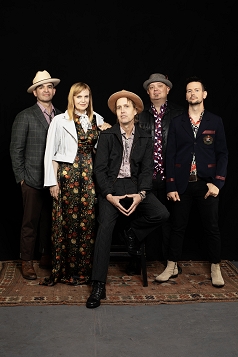
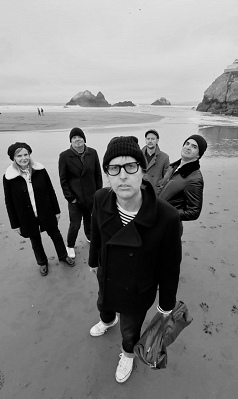

3_238_159auto_s_c1.jpeg)
